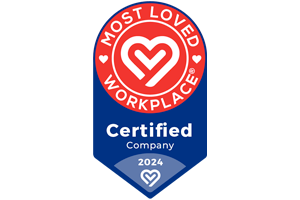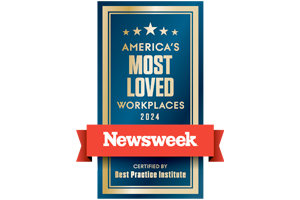Rivermont strives to help students excel within our walls and beyond. We have high expectations for our students at every level of development and ability. Our transition program reflects our commitment to this goal. Transition assessment and planning promote a successful transition out of school and into adulthood. In conjunction with the student's IEP team, the formal transition plan is developed when students reach the age of 14. However, Rivermont students begin career education in elementary grades and continue until they graduate or exit the school program. Career development is implemented into the curriculum as follows:
- 1Grades K-5: Career Awareness & Exploration
- 2Grades 6-8: Career Development & Planning
- 3Grades 9-12: Career Experiences & Work-Based Learning
Beginning with the end in mind, realistic and measurable goals are determined through a portfolio of ongoing age-appropriate assessments. Student-centered transition plans and post-secondary goals are based on individual strengths and interests. Many of our students encounter challenges in their academic progress and interpersonal skills while facing a lack of opportunity to explore their future options. We offer career preparation, work-based learning experiences, social-emotional learning, and daily living skills development to help address these challenges.
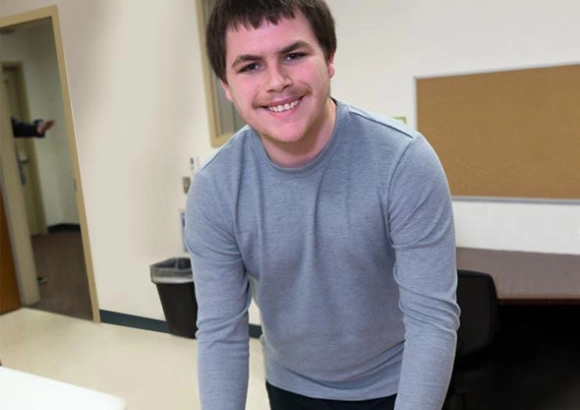
Rivermont Schools value every student’s unique ability. We strive to give our students equitable academic and extracurricular opportunities aligned with Virginia’s graduation standards. We provide accommodations and social-emotional supports to help every student reach their full potential. Successful Rivermont graduates possess all the qualities to write their “New Story” of Success.
Real-World Application
Career and Technical Education
While the transition plan outlines the students’ future goals and services, career and technical education or CTE is the vehicle that drives the student to meet those goals. CTE classes are designed to provide competency-based and hands-on instruction, the ideal method for implementing transition objectives and providing students with real-life experiences. CTE courses and experiences give students a head start on their future careers while in school. Once known as vocational education, CTE is more than preparation for traditional vocational trades; CTE encompasses academic, technical, and work readiness skills. Career and technical education prepares students for post-secondary training, college, and/ or employment.
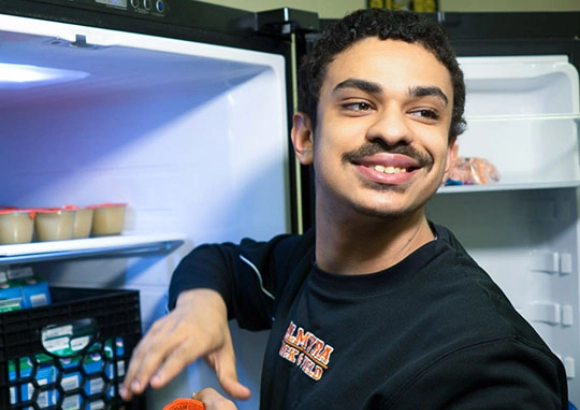
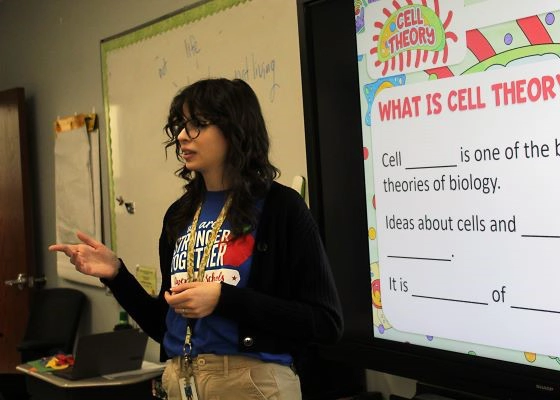
Rivermont Schools prioritize evidence-based practices, resources, and technology to enhance positive outcomes for special education students. Focused on self-determination, students engage in self-assessment and social-emotional learning to develop independent living skills and make informed decisions about their future. A Transition-Career Coach supports teachers and students in transition planning, and Education for Employment (EFE) offers individualized Career and Technical Education (CTE) courses. Work-Based Learning (WBL), aligned with Virginia's 5 C's, involves real-world experiences, and community partnerships, industry credentials, the National Career Readiness Certificate (NCRC), virtual reality simulations, and Academic and Career Plan Portfolios (ACPP) further enrich students' pathways to post-secondary success.



